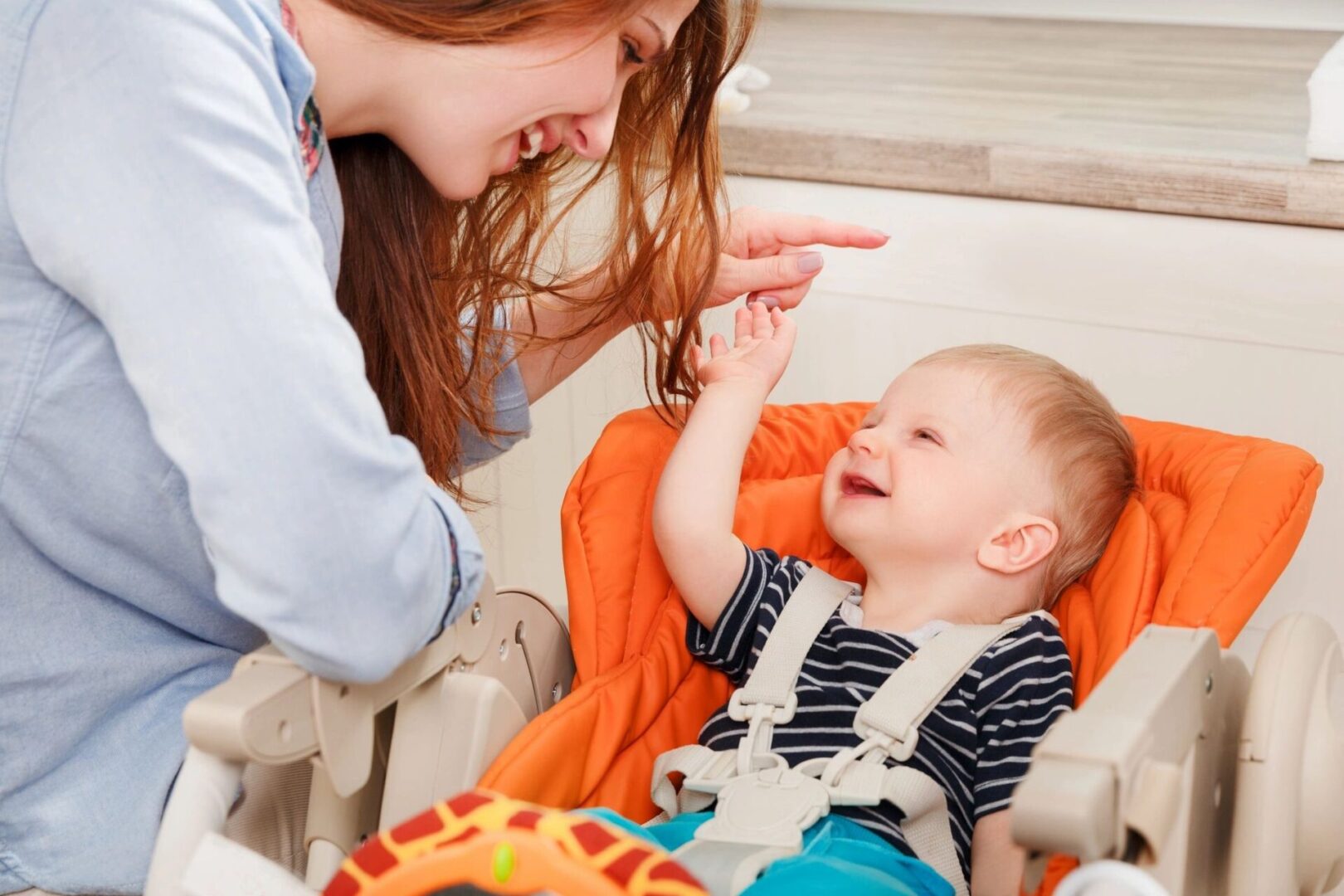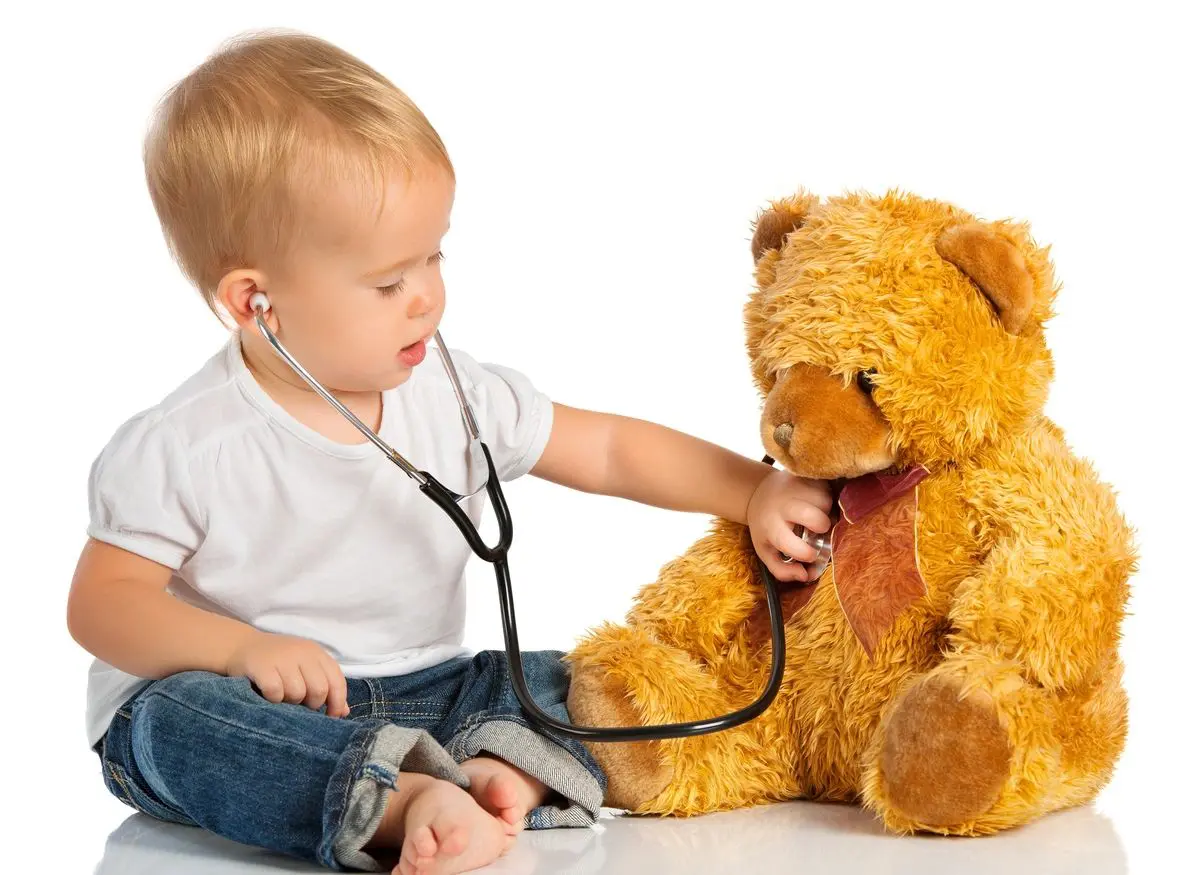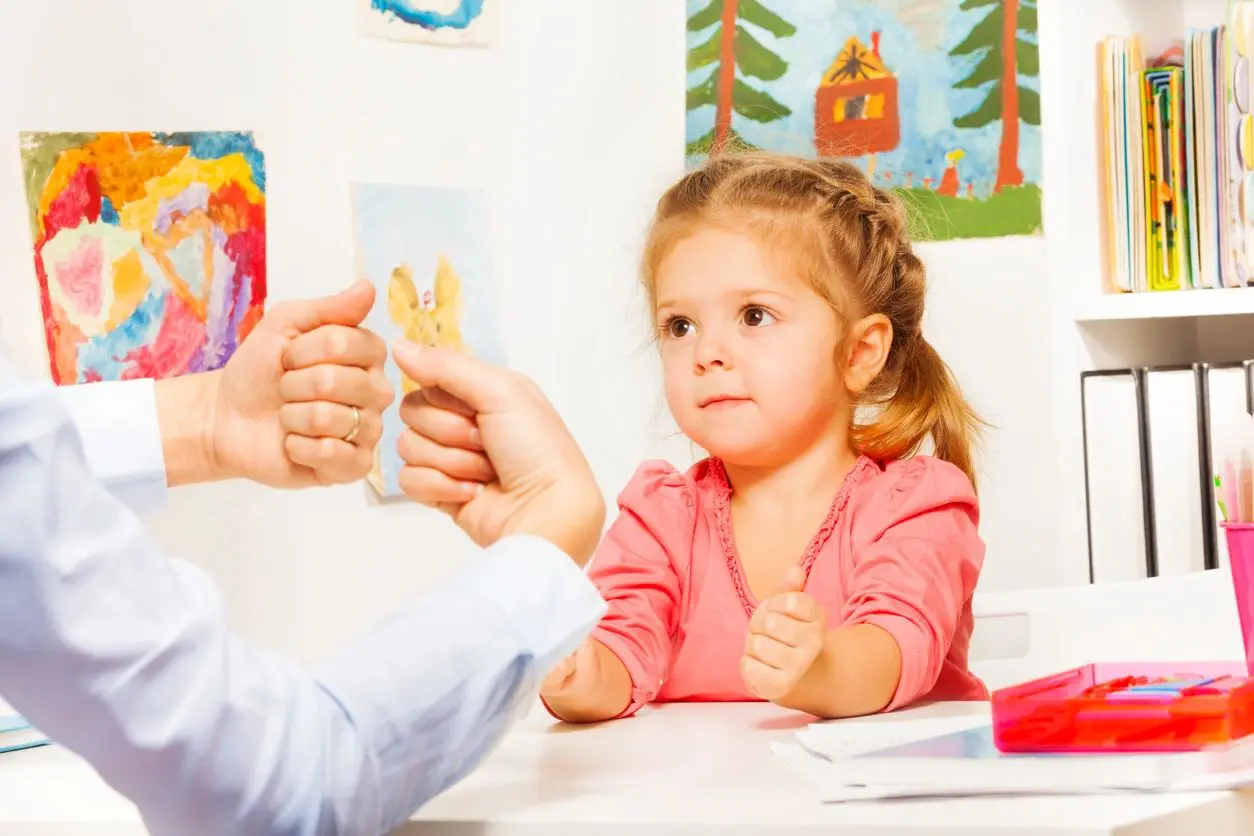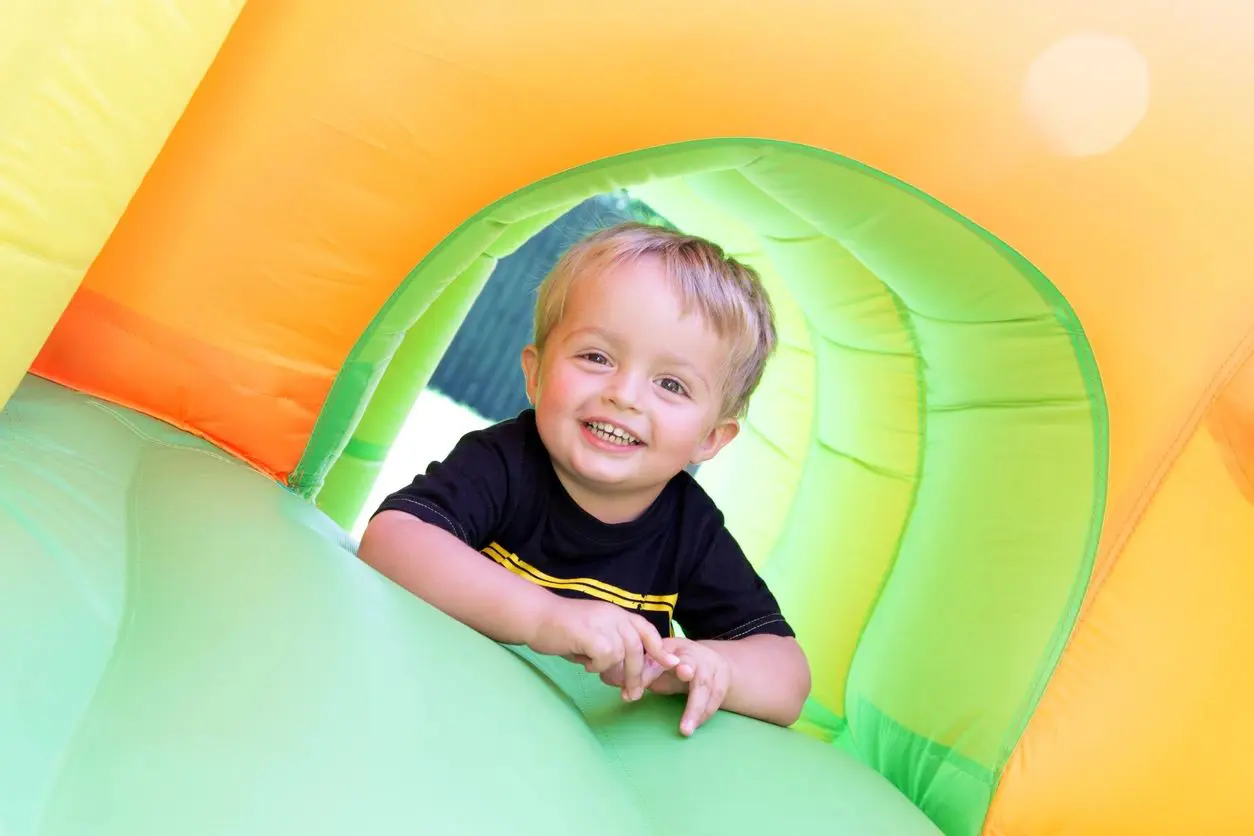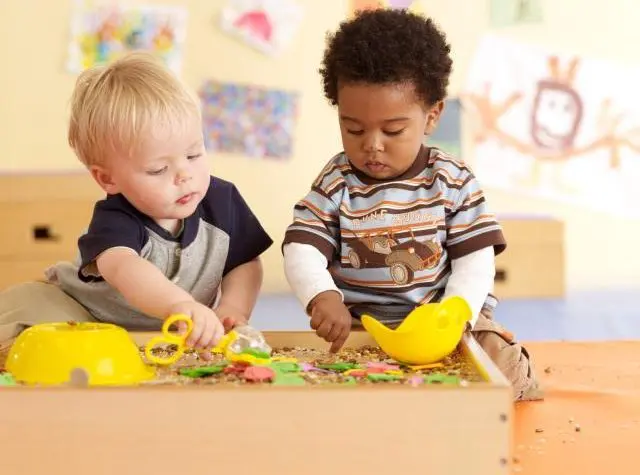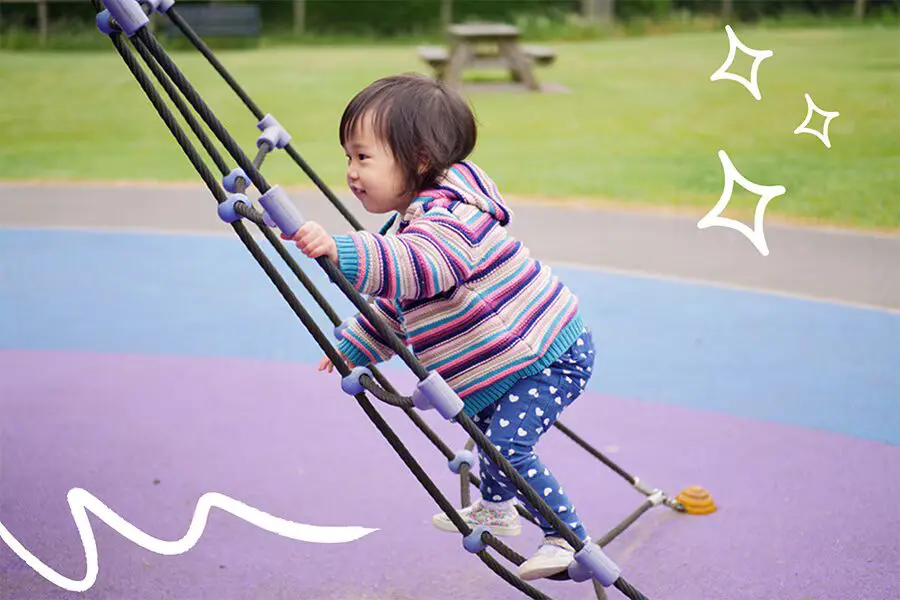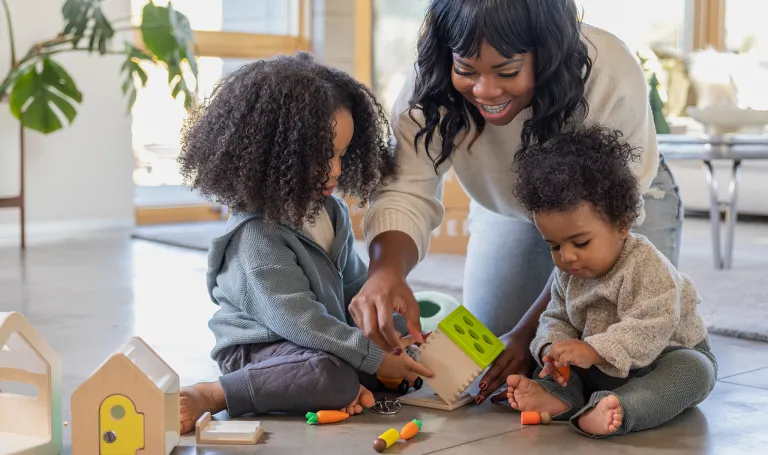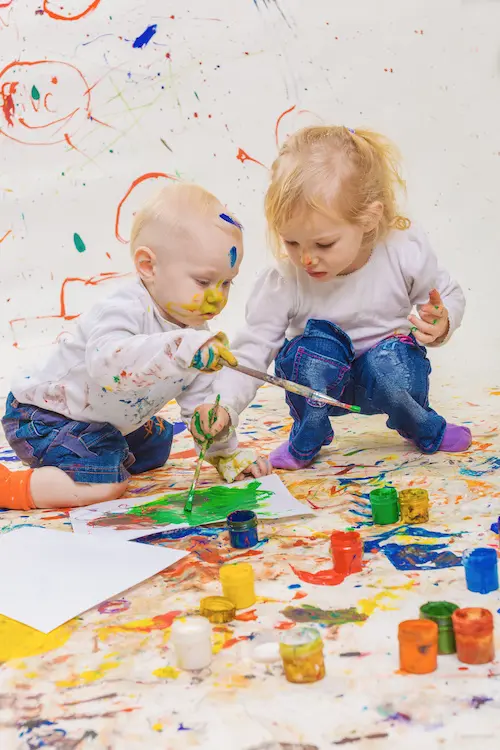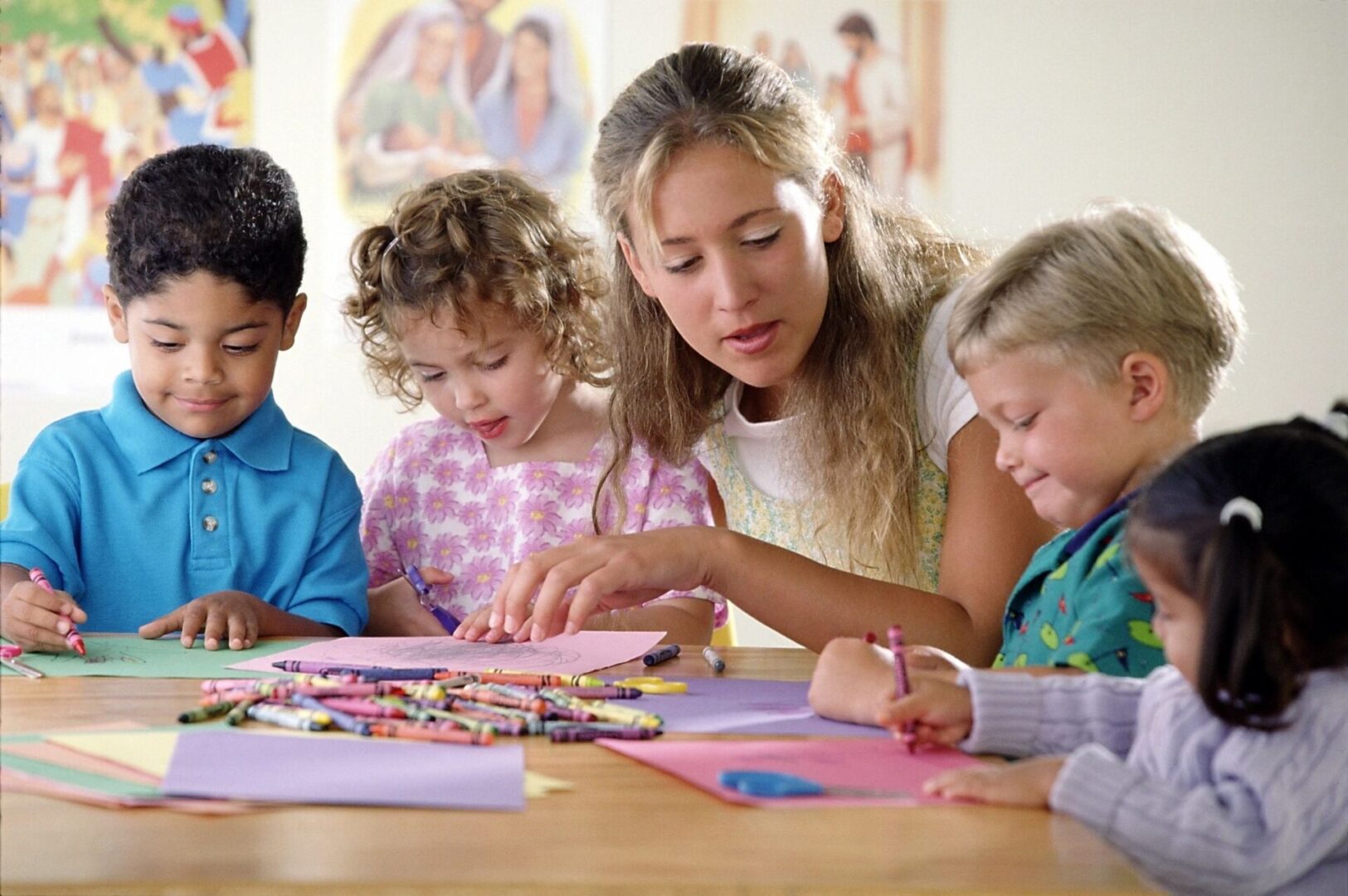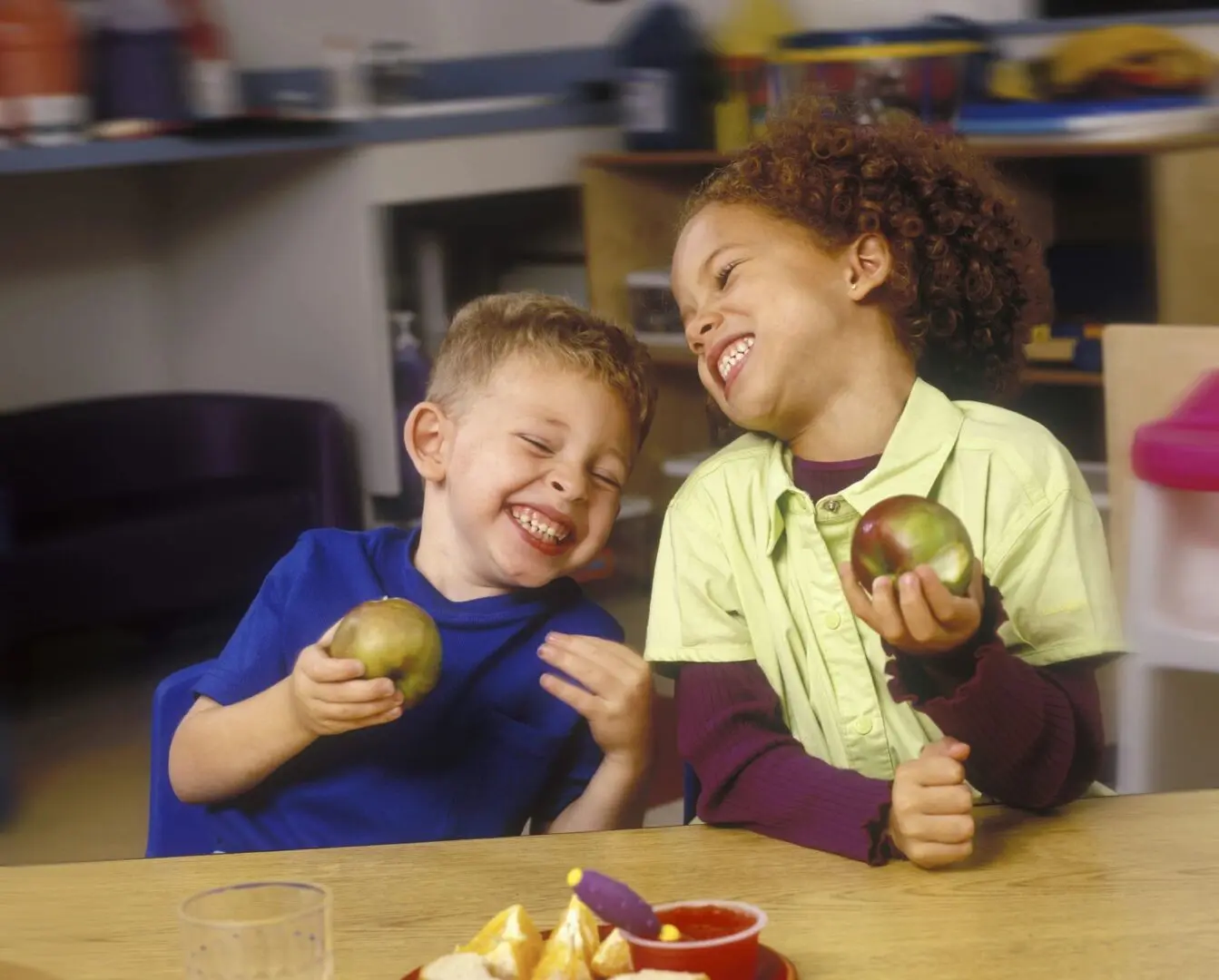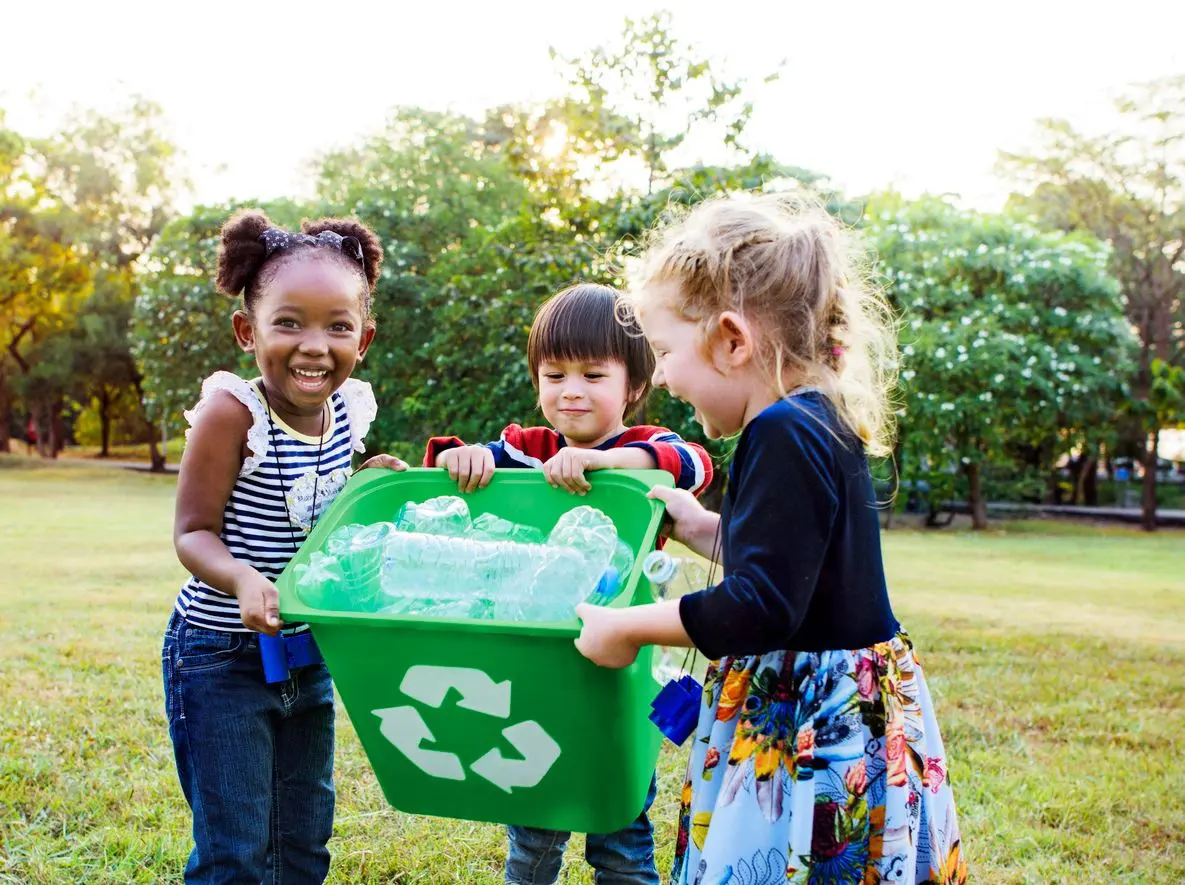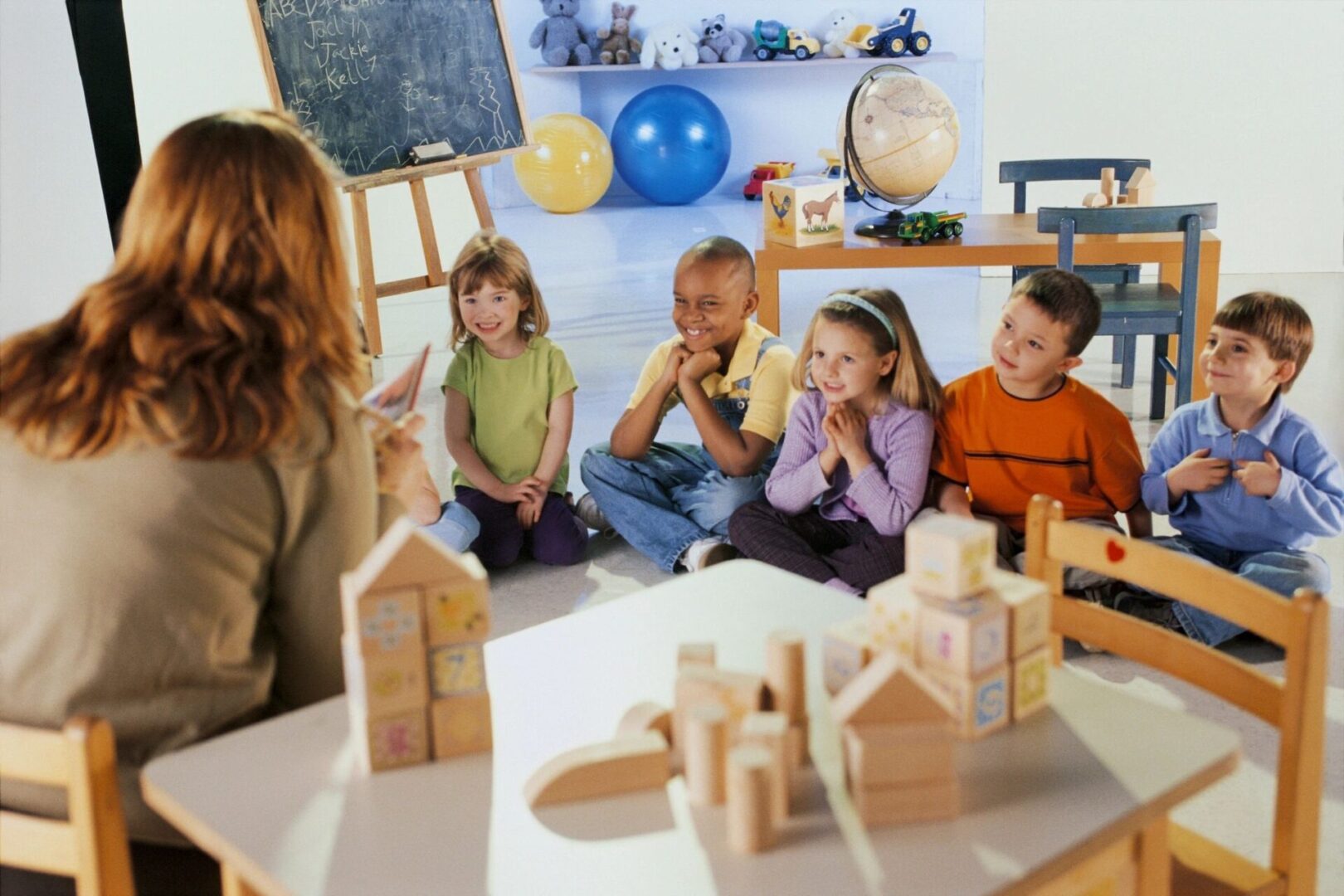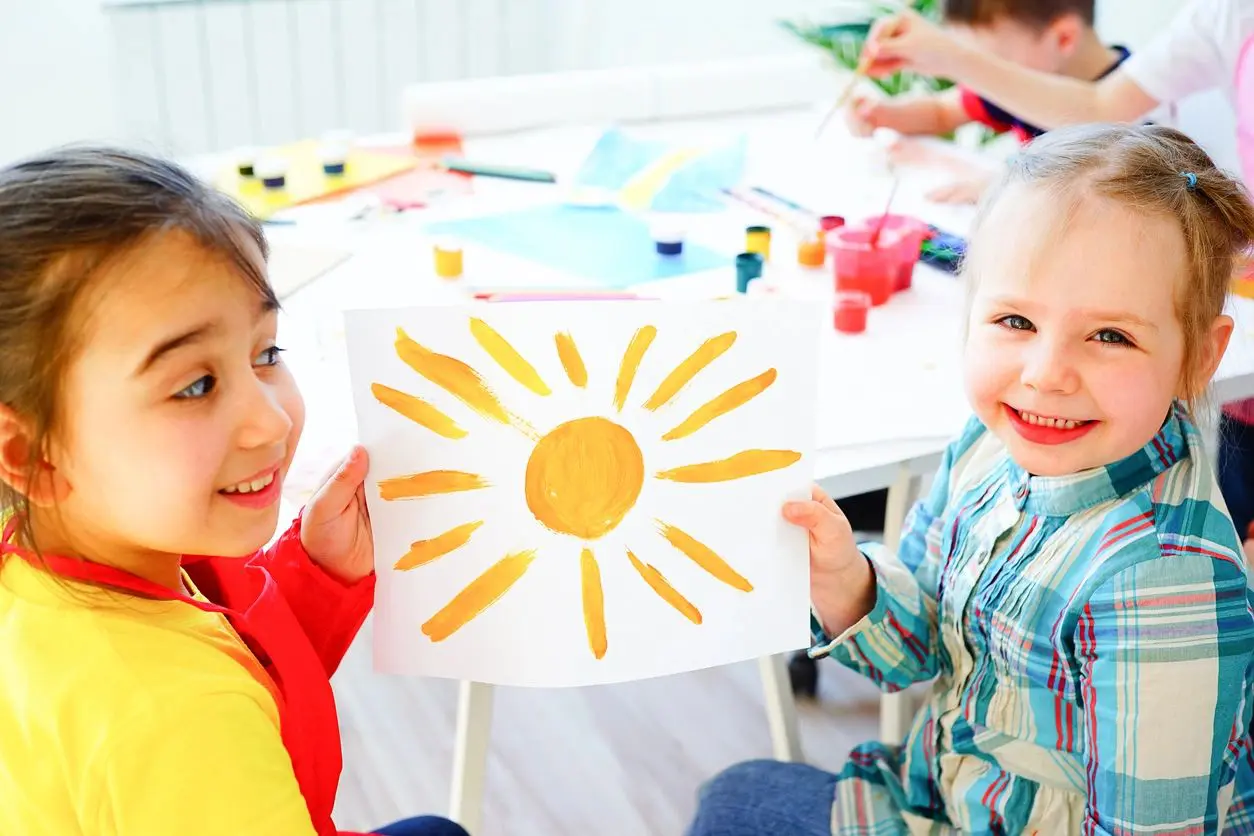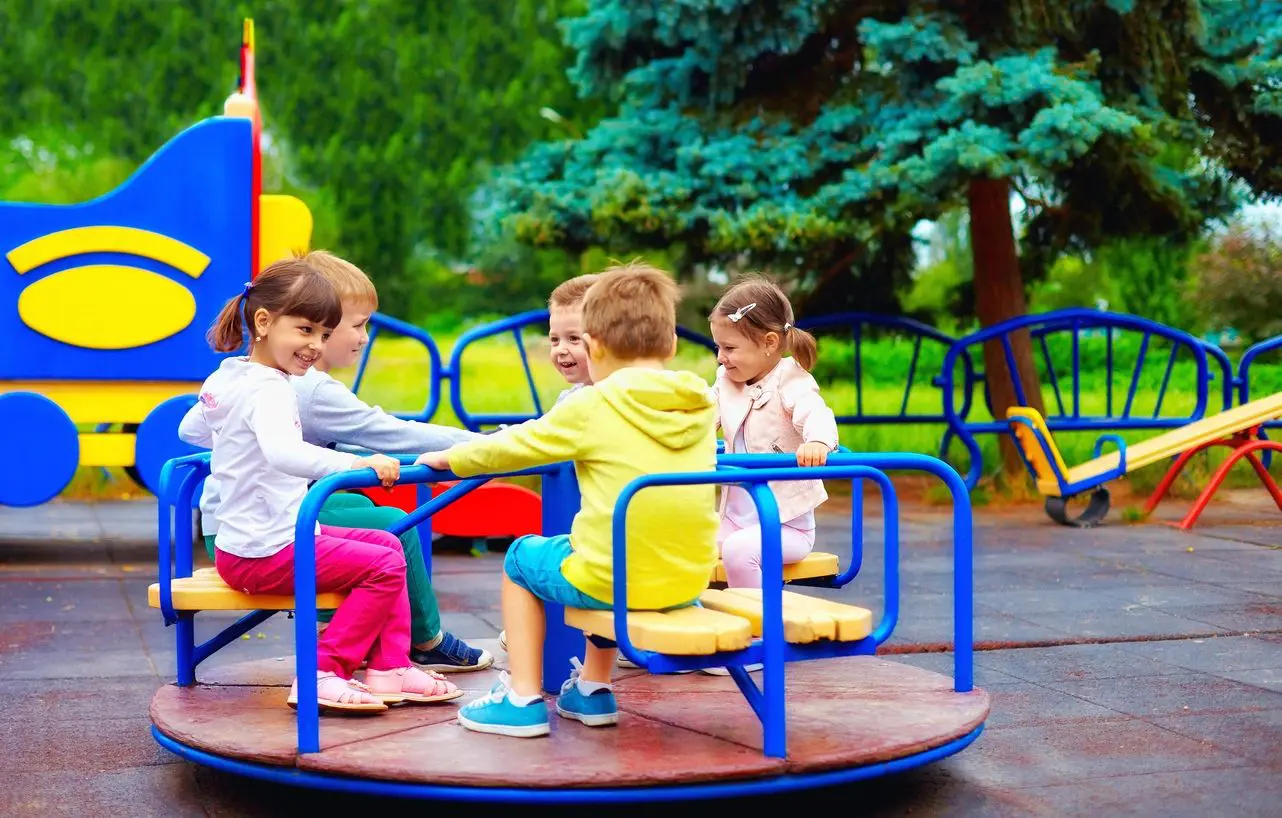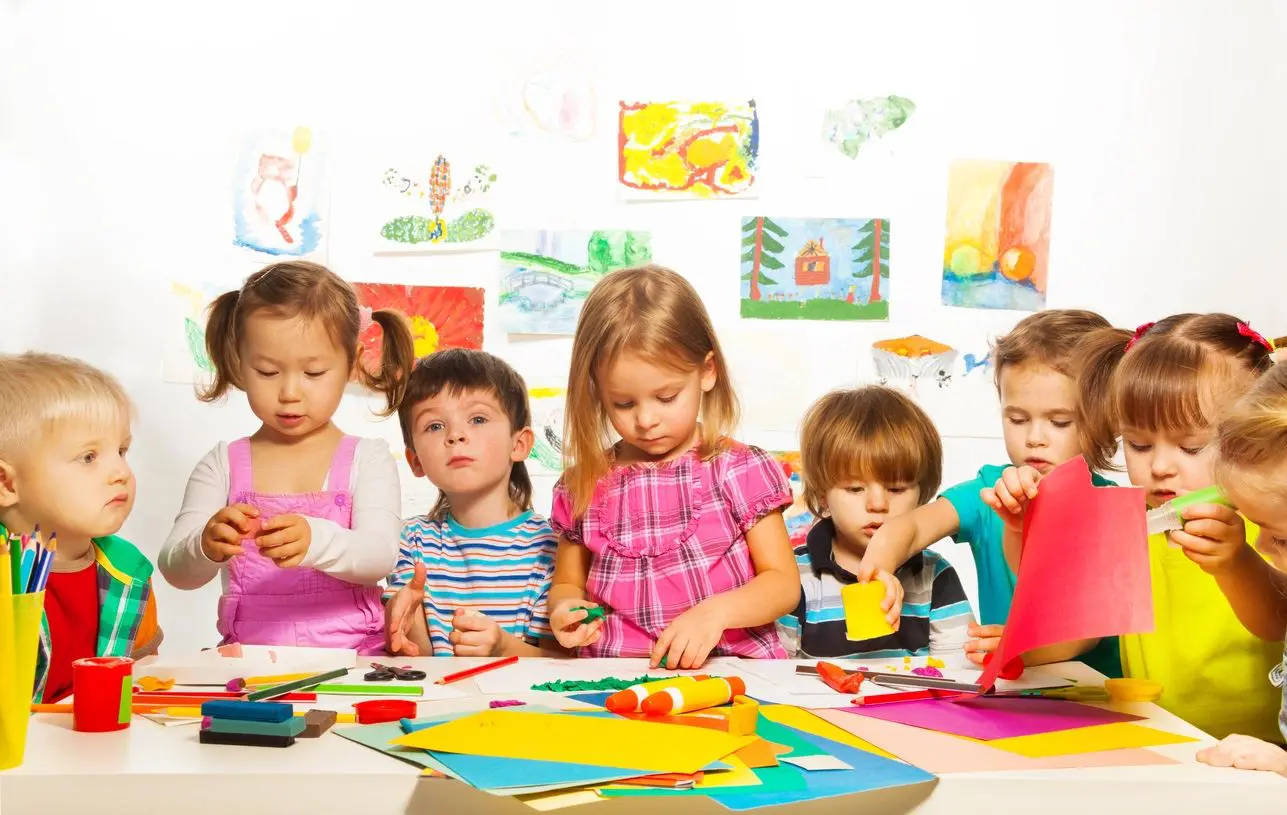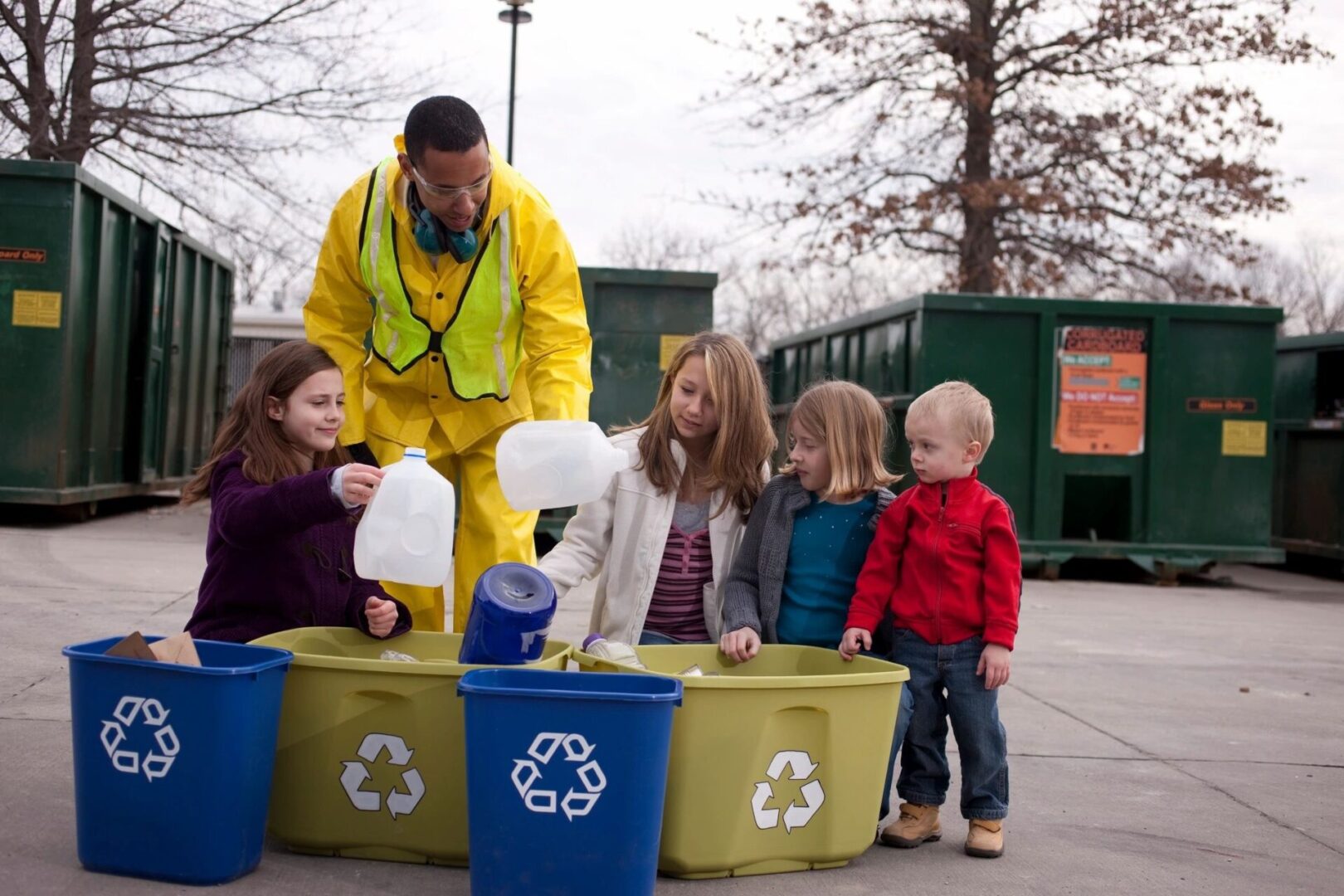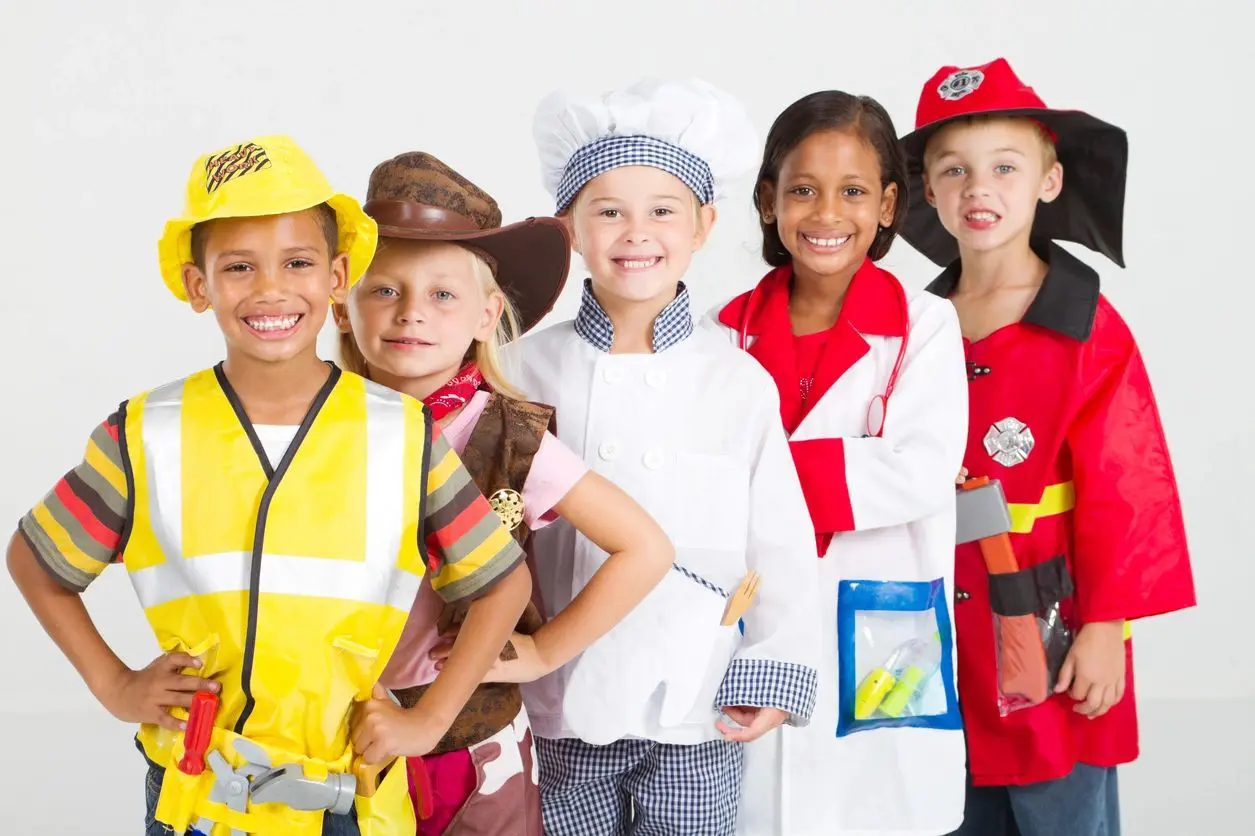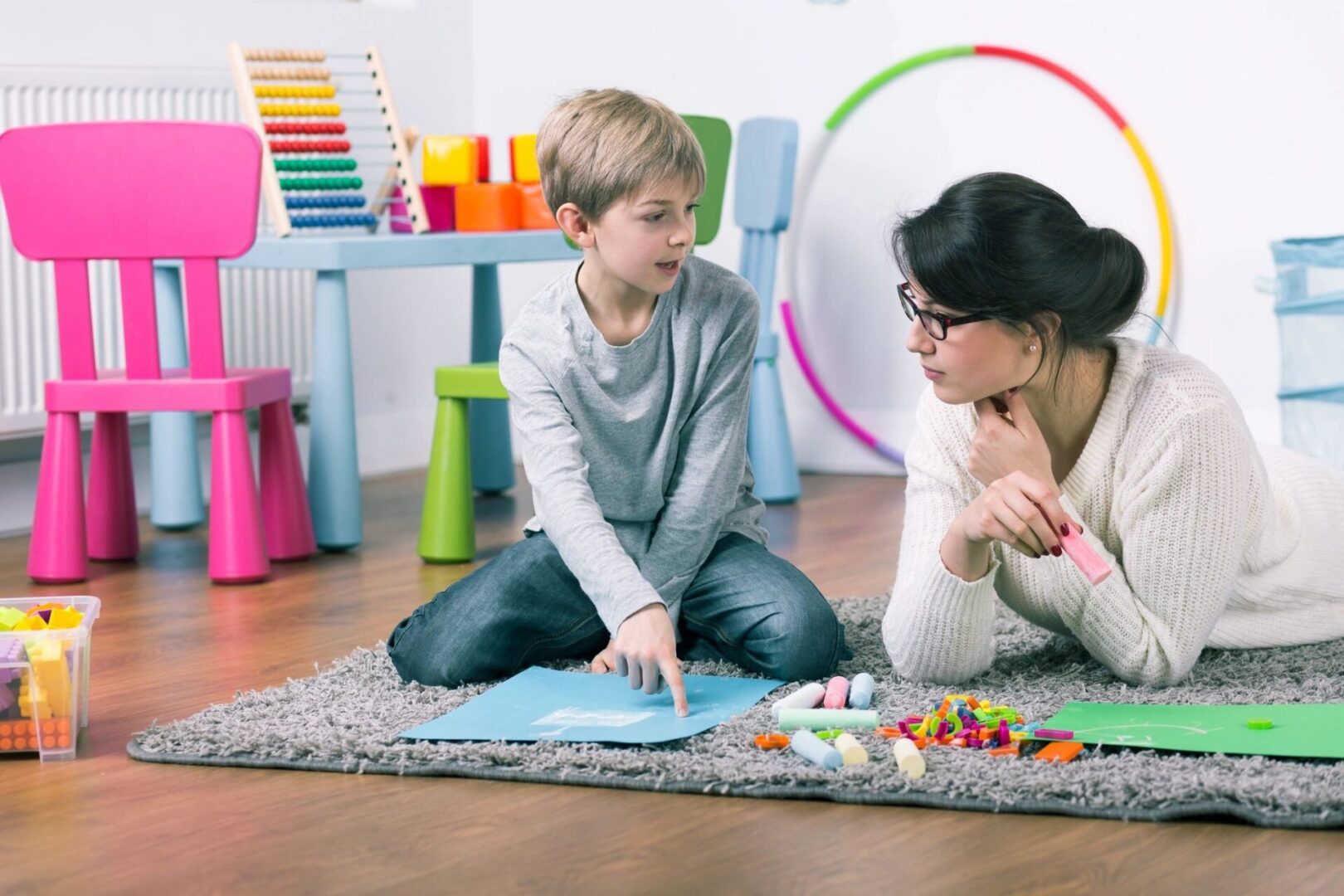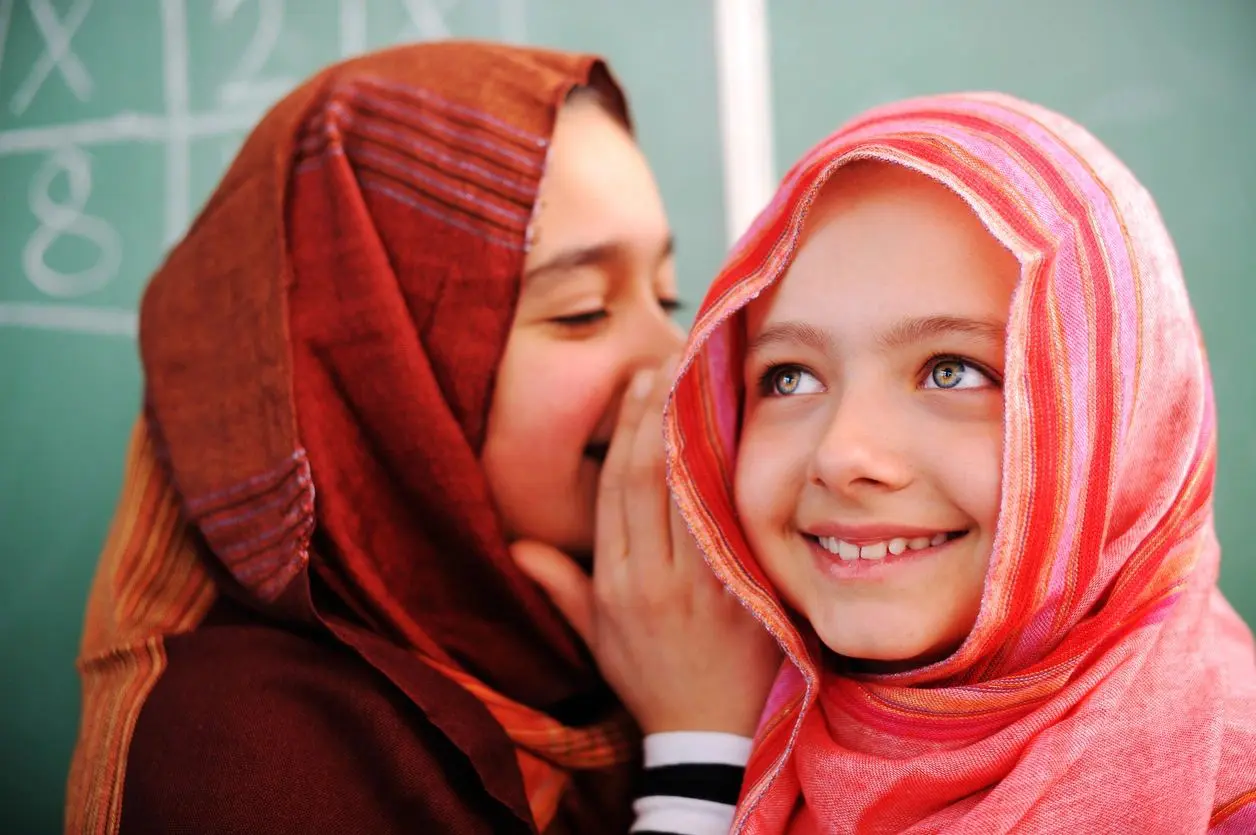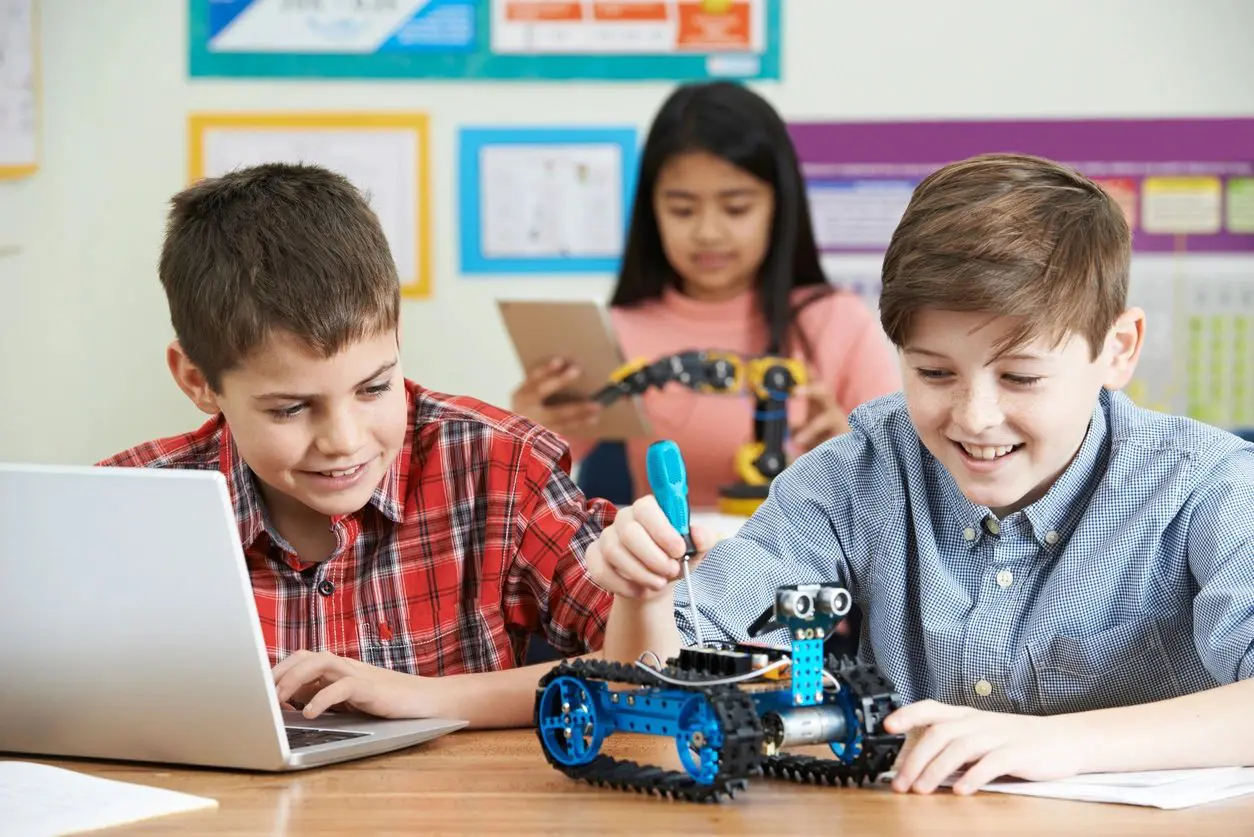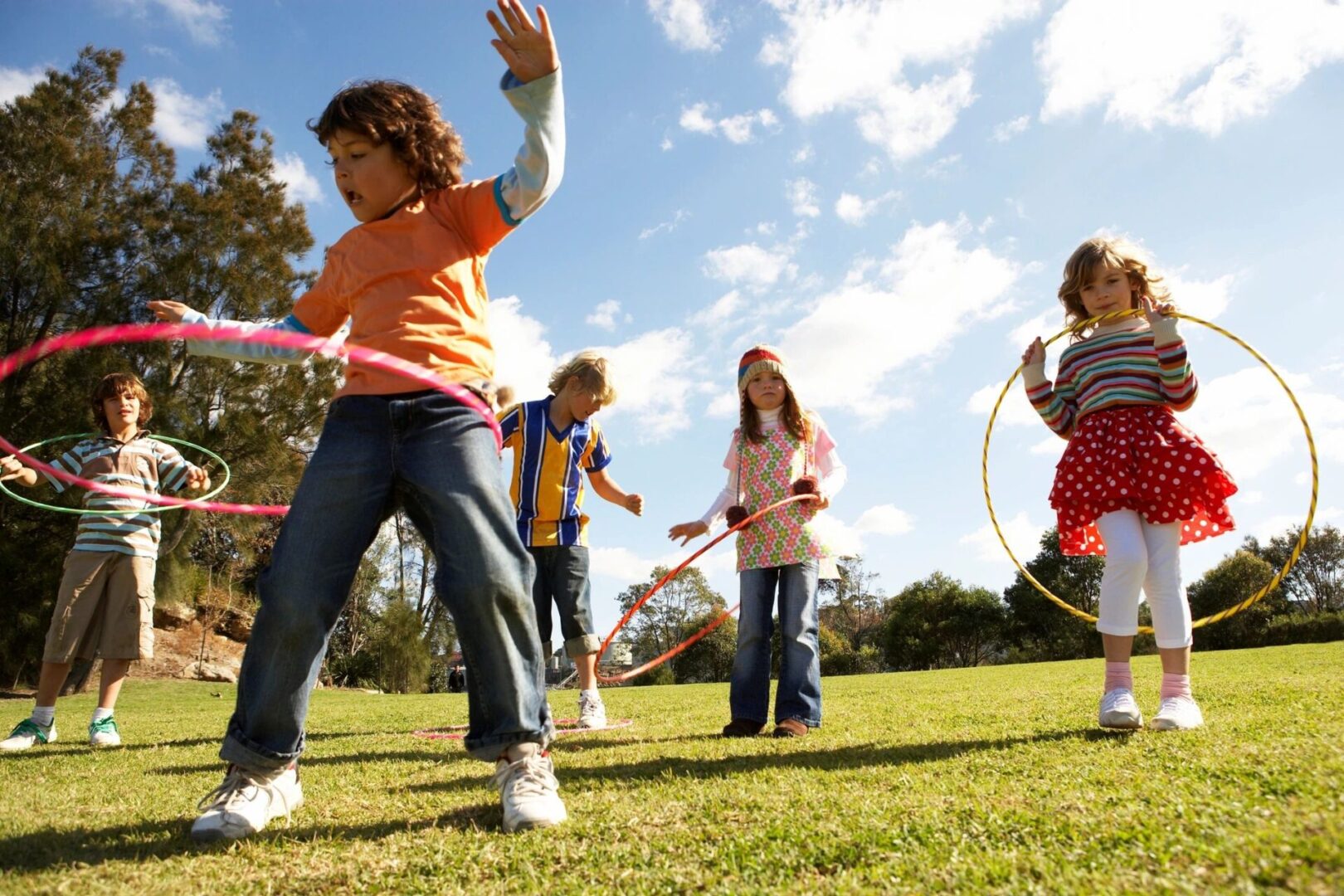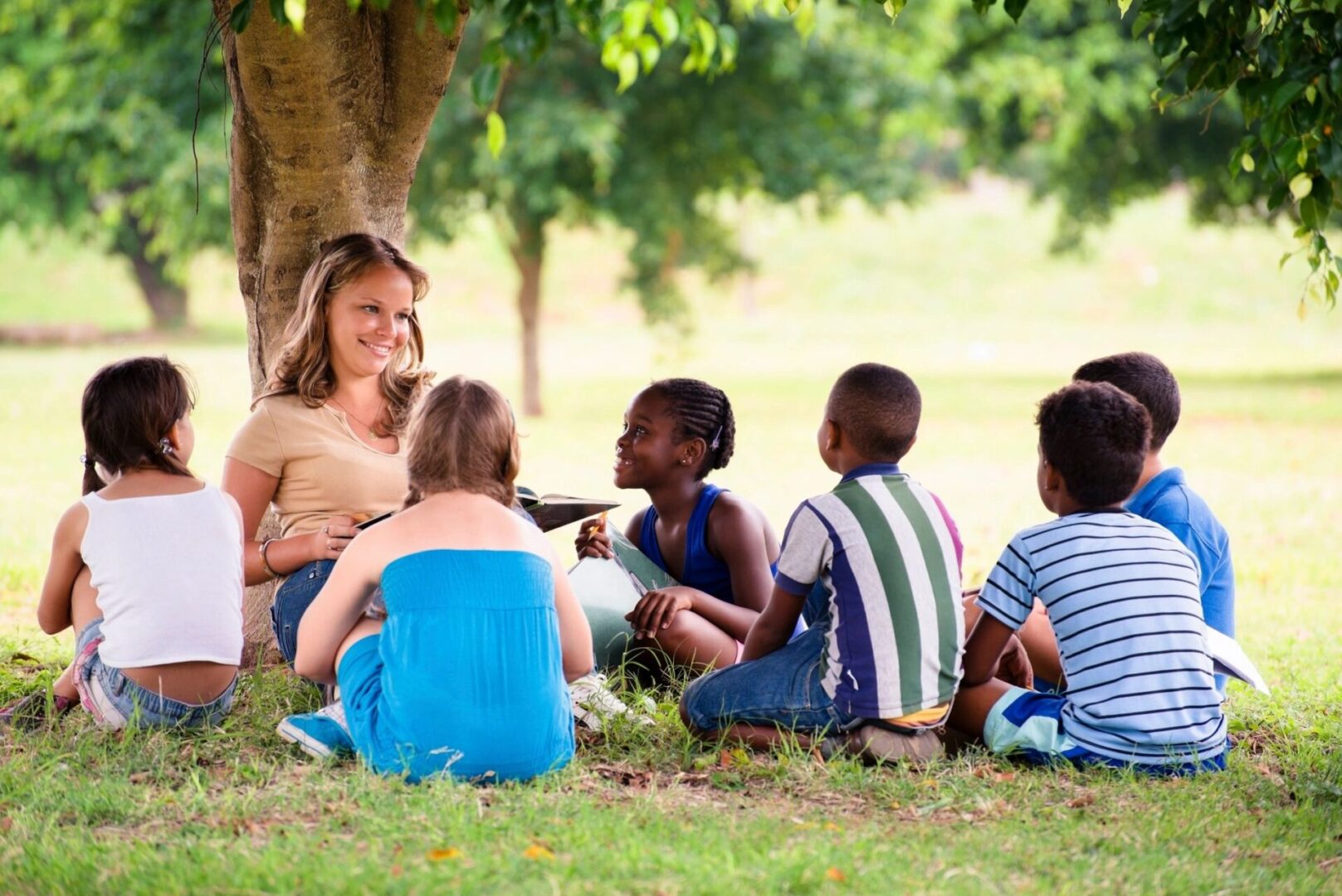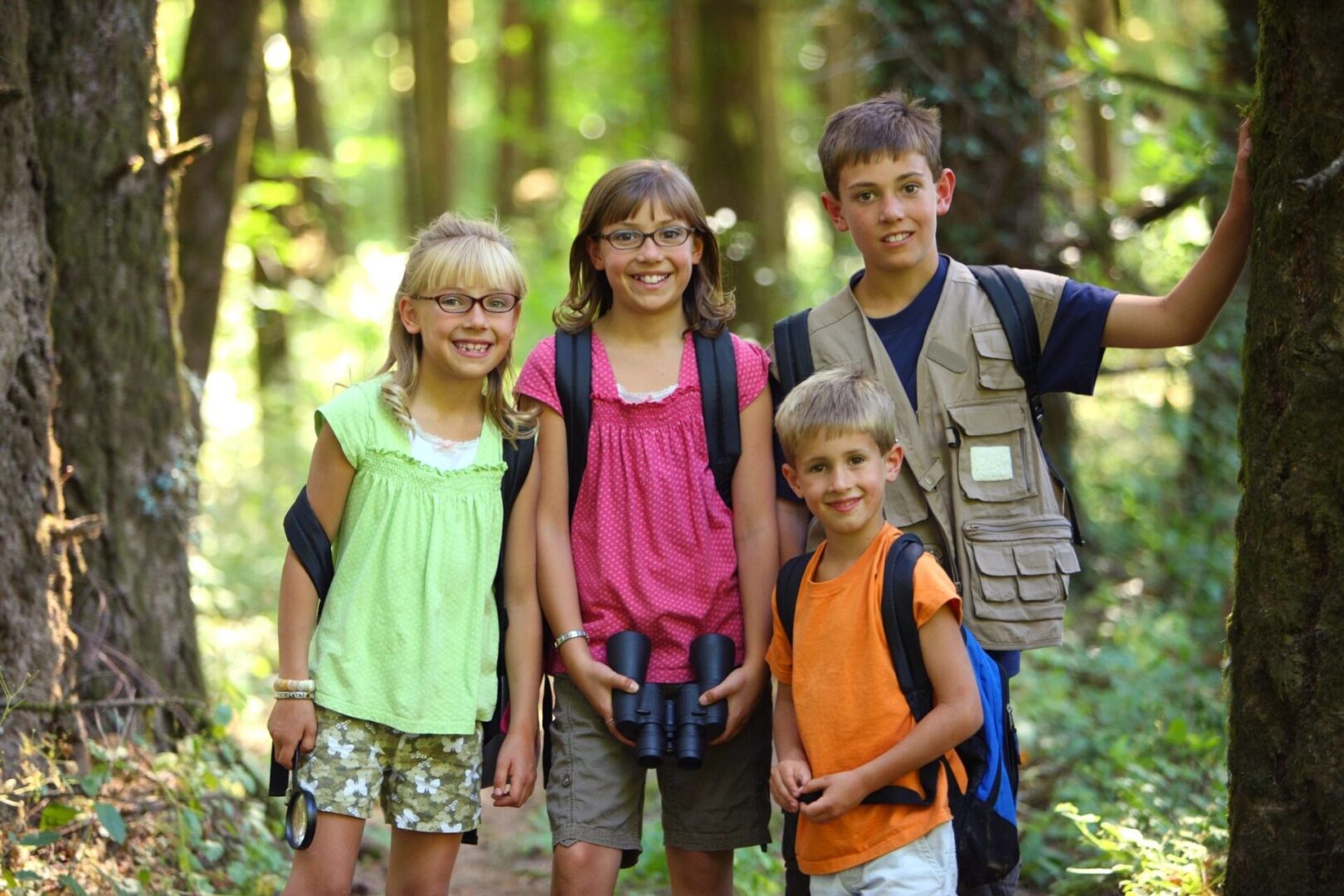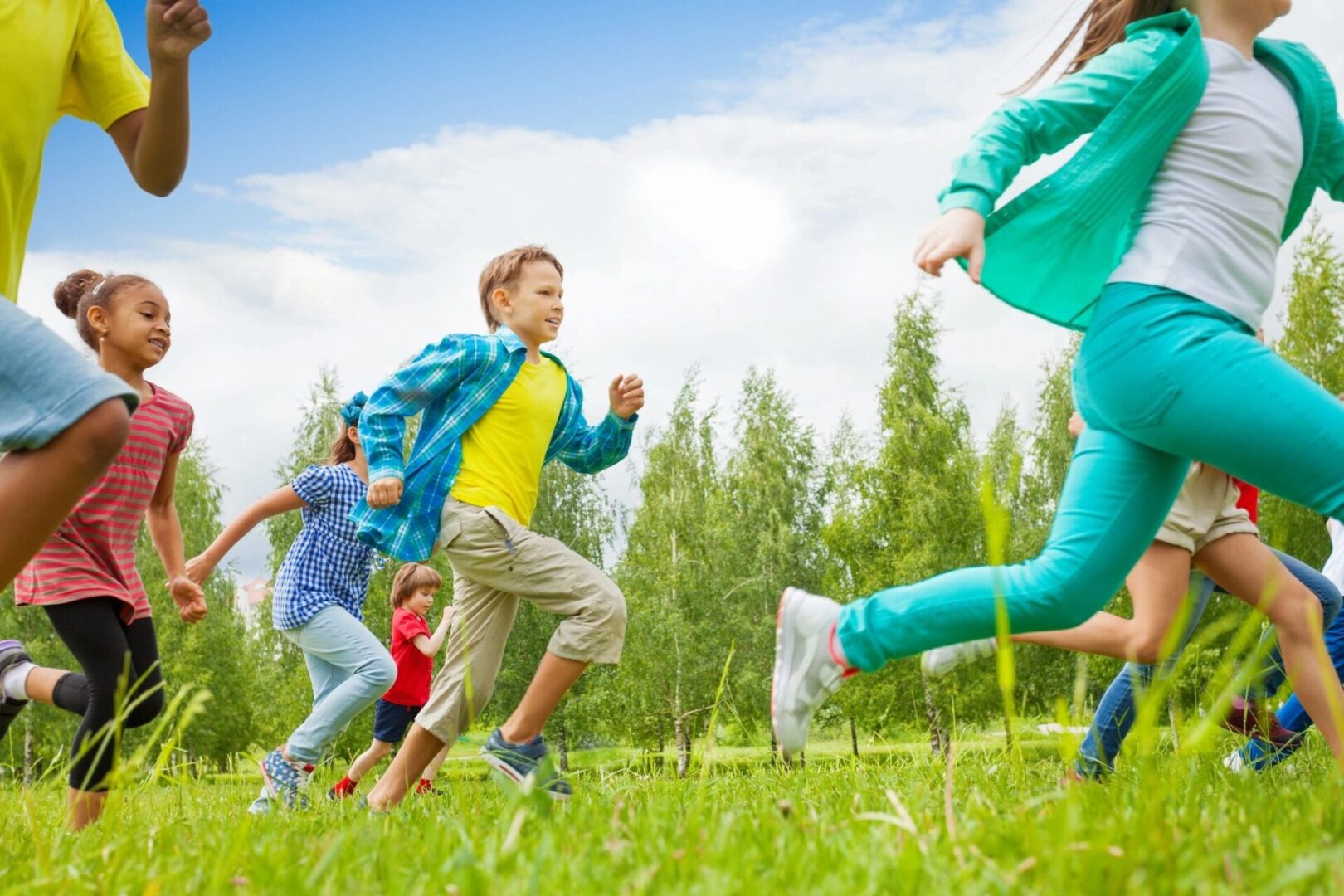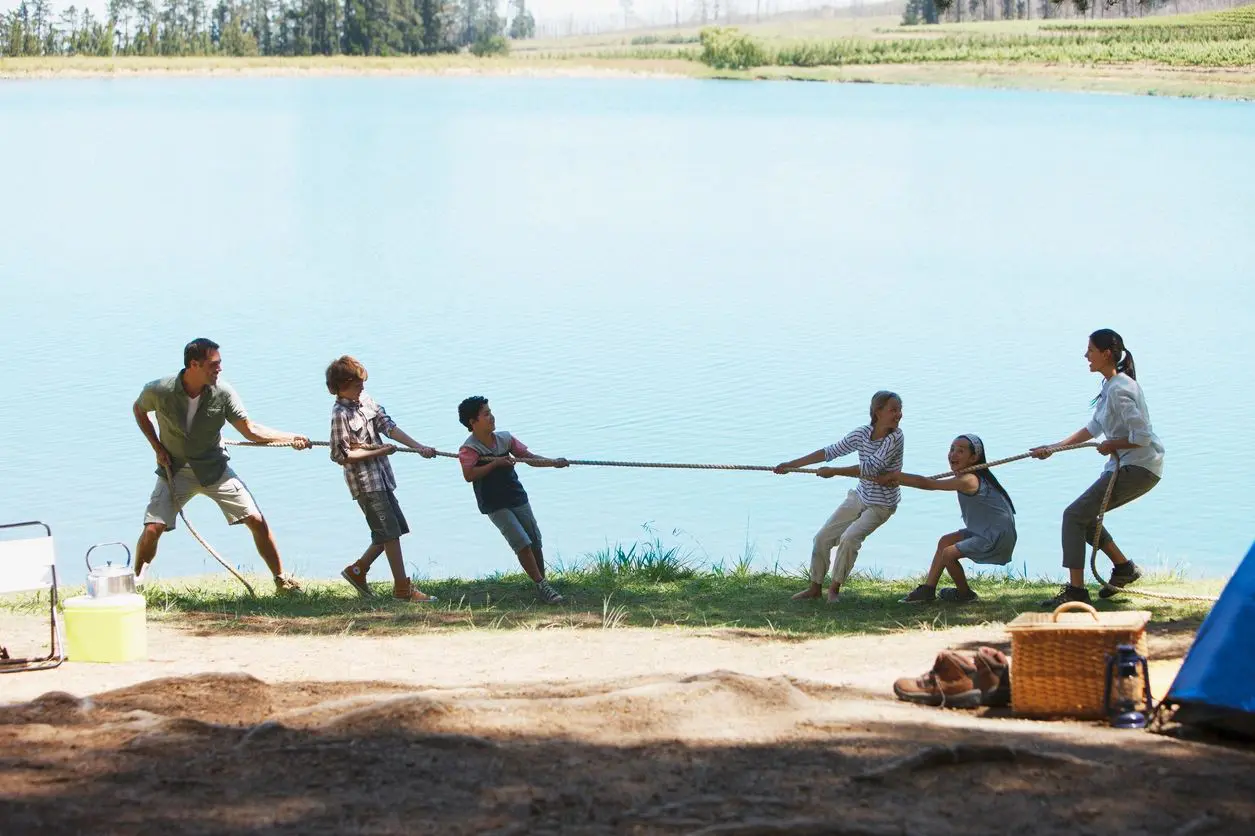Infant Care (1-18 months)
For infants aged 1–18 months, learning is a continuous journey at the Early Years Day Care and Learning Center. Our educators collaborate with you to surpass developmental milestones. Tailoring a curriculum to your child's needs, we prioritize constant communication. We've partnered with HiMama for real-time updates, ensuring parents receive daily reports, pictures, and videos, enhancing the bridge between educators and families. Your child's growth and achievements are our shared focus.

Infant Care Program Features
Feeding Support
Social and Emotional Development
Physical Development Tools
Mirrored Routine
Healthy Attachments and Social Interactions
Infant-Specific Policies
Sensory Exploration
Motor Development Opportunities
Guided Milestone Achievement

Comprehensive Skill Development Program
Educators play a crucial role in nurturing children's development across various skill domains, including social, emotional, communication, language, literacy, cognition, and physical abilities. They achieve this by creating tailored opportunities given below that cater to each child's unique needs and potential for growth.
Language Development
Emotional and Social Skills
Communication Skills
Problem-Solving and Cognitive Skills
Gross Motor Development
Fine Motor Skills
Sensory Exploration

Enhancement Through Activities
Immerse your child in a world of holistic development with our diverse array of enhancement activities. From hands-on science experiments to literacy and numeracy-focused exercises, our tailored approach ensures a well-rounded developmental journey for every child.
Creative Arts
Circle Time
Dramatic Play
Mathematics Exercises
Sport Activities
Music and Movement
Science Experiments
Baking and Cooking Class
Literacy Activities
Mathematic Activities

Language and Literacy Enhancement
Mathematic Concepts
Writing Exercises
Problem-Solving
Music Exploration
Beginning Stages of Reading
Self-Identity and Cultural Exploration
Social Interactions
Emotional Skills Development

Program Features
Personalized Learning Environment
Life Skills Development
Progress Assessment

Enriched Curriculum
We offer an education-rich experience that goes beyond standard guidelines, covering key academic subjects:
Mathematics
Language & Literacy
Science
Social Studies & Technology

How Inquiry-Based Learning Works
As the example above illustrates, inquiry-based learning puts campers at the helm of their own learning experience.
At STEM Camp, this approach encourages them to build their knowledge based on how they experience and interact with the world around them.
Here is an in-depth explanation of how inquiry-based learning works, in 6 fundamental steps:
1. Questioning
We start with posing questions that stimulate curiosity and inquiry. How could it work? What else could it do? What do we know that could help? Asking great questions is often the first step to finding awesome answers, but most importantly, to get us excited about learning more.
2. Investigation
Through hands-on activities, research, and exploration, our campers investigate and gather information related to the questions posed. This may include conducting experiments, gathering data, analysing sources, or engaging in other forms of inquiry to explore the topic.
3. Collaboration
Campers are encouraged to work together, share ideas, discuss findings, and collaborate on projects. By working together, kids further develop their critical thinking, communication skills, and the ability to consider many perspectives at once.
4. Reflection
As they work together, campers are encouraged to reflect on their findings, experiences, and the learning process itself, too. Reflection helps them make connections, draw conclusions, and deepens their understanding of the subject matter. It also encourages metacognitive skills, as campers become more aware of their thinking processes.
5. Constructing Knowledge
Campers are not passive recipients of information, but active participants in constructing meaning and understanding. They actively build their knowledge by drawing upon their prior knowledge, making connections, and critically analysing information.
6. Facilitation
Our camp counsellors are facilitators and guides. They support campers by posing thought-provoking questions, providing resources and guidance, and facilitating discussions and reflections. They encourage autonomy and critical thinking skills.
A Special Note on Failure
You might be wondering what happens when a camper’s approach to solve a problem doesn’t work.
The truth is that at STEM Camp, failure is awesome!
Something didn’t work? Amazing! The takeaway is that we learned something to get us closer to our goal next time.
When you learn that failure isn’t negative but simply an event to learn from, it means that fear of failure is less likely to impact young minds from engaging their full creativity or going ‘all-in’ on collaboration.
In short, when failure is just a step along the journey to the goal, you build resilience and confidence. And who doesn’t want more of that in life?
Raising Future Innovators
While each approach to learning (traditional education and inquiry-based learning) has its place and time, at STEM Camp, we believe that supporting the development of skills, like critical thinking, problem-solving, curiosity, and creativity, is key to helping kids grasp a deeper understanding of subjects and develop a life-long passion for learning.
When inquiry-based learning is put into practice, kids create things you never imagined they would.
These kids then have an opportunity to turn into adults who don’t feel as though they need to do things in a particular way, simply because that’s the way they were always done.
In short, kids develop a mindset for innovation, which is a way of thinking that will serve them for a lifetime.
Have your campers join Canada's future innovators, at STEM Camp! Register for summer camp 2024 today.
Ready to embark on an educational journey tailored to your child's unique needs? Contact us for more details about our diverse programs and discover the enriching experiences that await your little one.

